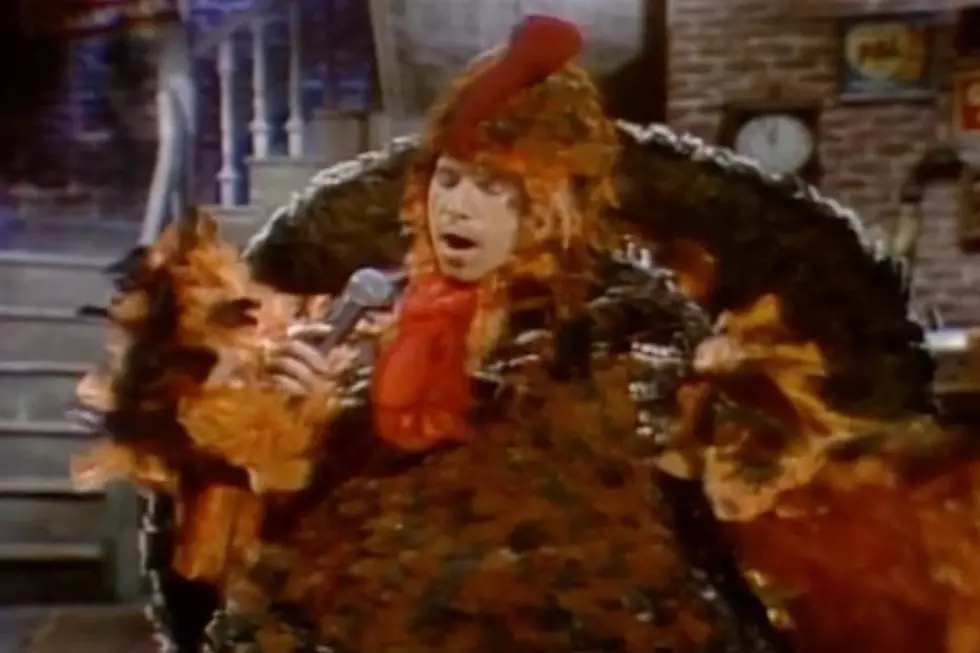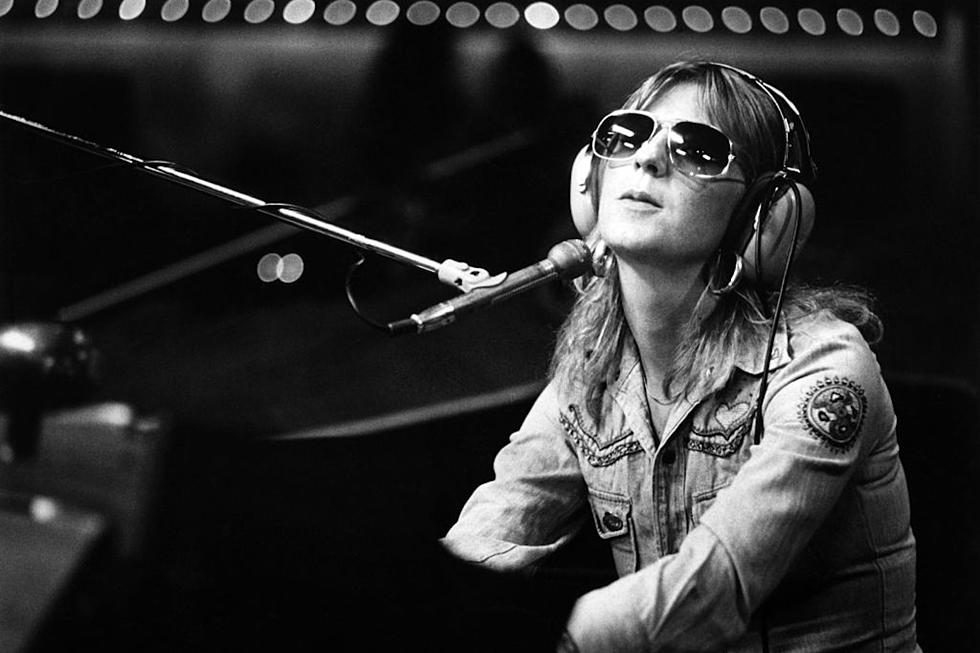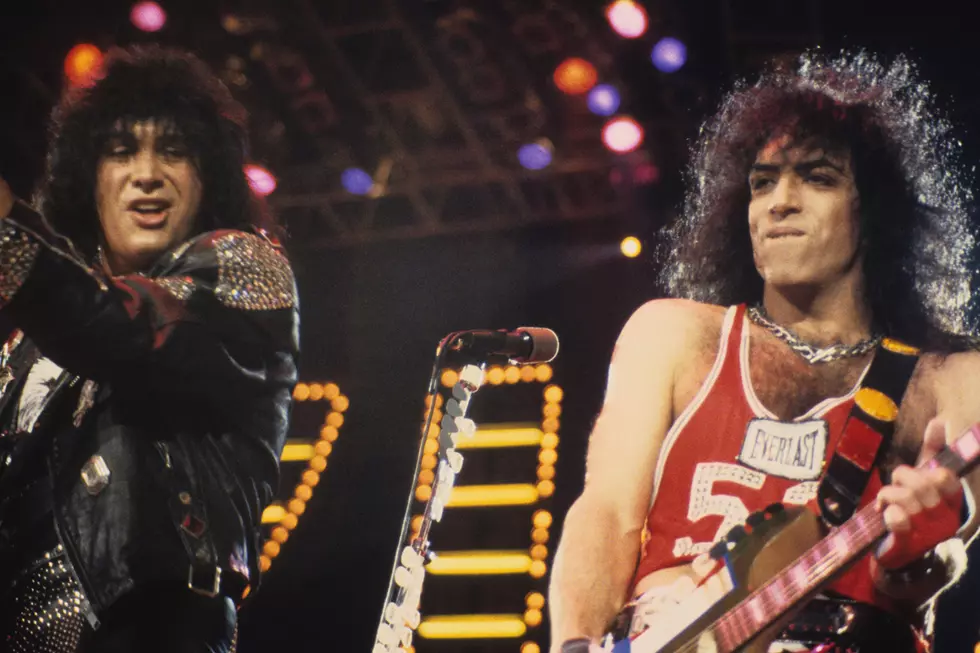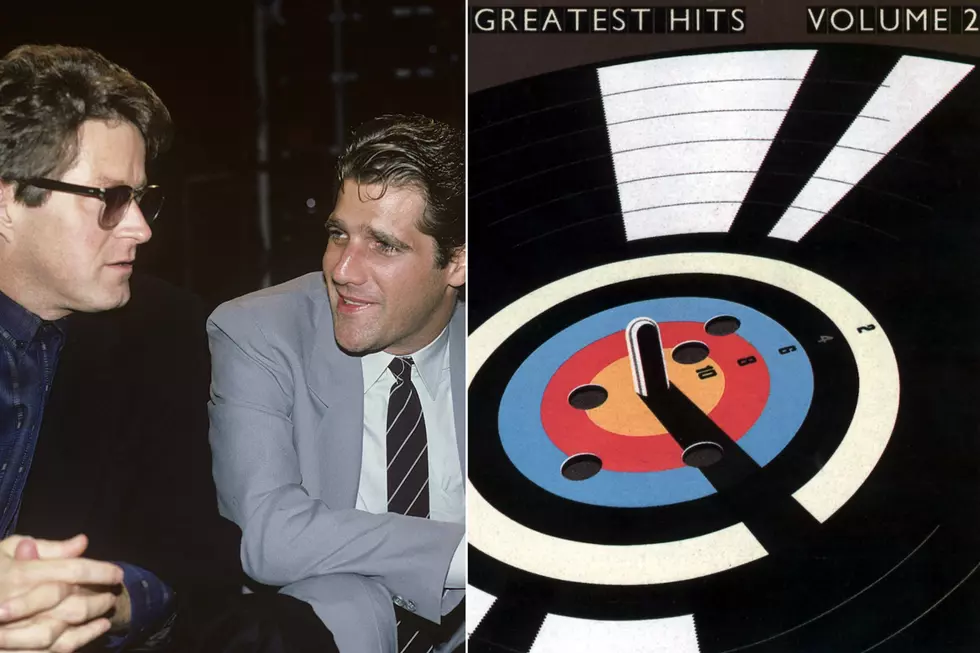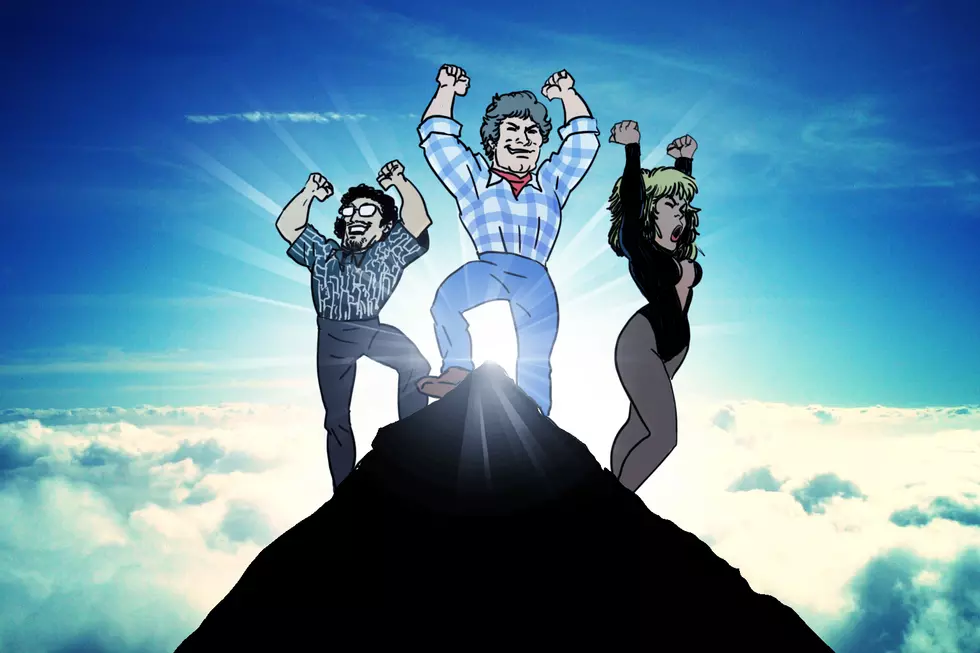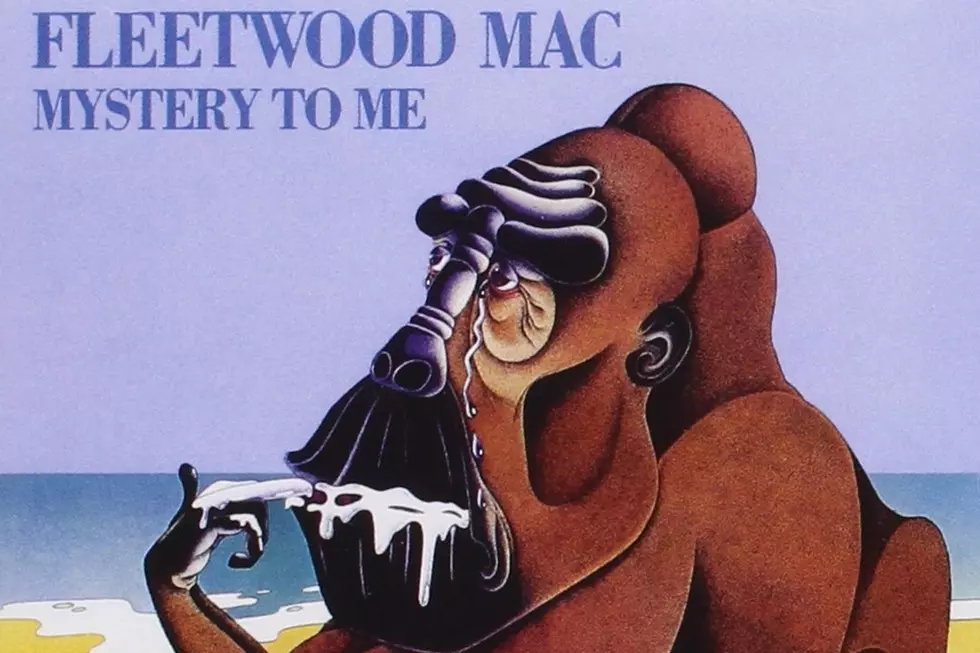
Why Fleetwood Mac’s Fates Began to Turn With ‘Mystery to Me’
By the beginning of 1973, Fleetwood Mac were in a state of flux, trying to find solid footing and an identity for the band. The recent departure of longtime guitarist Danny Kirwin led to a fluctuating lineup, with the addition of guitarists Bob Weston and Bob Welch, as well as Dave Walker, who would supply some of the vocals on Fleetwood Mac's first 1973 offering, Penguin.
The overstuffed lineup didn't last long, however, and by the time sessions started for their next album, Mystery to Me, Walker was gone, and Welch had settled into his role as frontman.
Fleetwood Mac were somewhat out of step in their homeland in 1973. A landscape of glam and prog made little room for the group's more homespun sound. But in the U.S., things were starting to look up for the band: Penguin hit the charts, and people began showing up at their shows.
'Mystery to Me' Helped Fleetwood Mac Break Into America
That summer, the band started work on a new album and once again called upon producer Martin Birch for assistance. "Mystery to Me was probably the best Fleetwood Mac album since Peter Green had left the band three years earlier," Mick Fleetwood wrote in his 1990 autobiography, Fleetwood: My Life and Adventures in Fleetwood Mac. "It was atmospheric and intelligent, and we knew it was going to be a big hit."
It was also the album that finally opened the door to radio play for the band in the U.S. "We sensed we were on the verge of a breakthrough and had another real shot at the Big Time in the U.S.A.," Fleetwood wrote. Mystery to Me crept into the Top 70, and eventually went gold.
Listen to the Fleetwood Mac Perform 'Hypnotized'
Who Wrote the Songs on 'Mystery to Me'?
Most of the songs on the album were written by Bob Welch, with only a handful penned by Christine McVie. But they rank among her all-time best. Mystery to Me kicks off with "Emerald Eyes," which features future Fleetwood Mac trademarks like radio-friendly production, clean vocals and tasteful guitar work, while McVie's "Believe Me" and "Just Crazy Love" could have come from the band's first two hit records with Lindsey Buckingham and Stevie Nicks.
Welch's "Hypnotized" caught fans' ears. Originally written as a raw blues, but later rearranged as a dream-like pop song, the cut's shuffling rhythm and smooth guitars are hard to resist. It not only netted the band some well-deserved FM airplay, the song remained in Fleetwood Mac's live sets after Bob Welch left.
"I was reading about, as the lyric says, 'a place down in Mexico where man can fly over mountains and hills,'" Welch is quoted in Fleetwood's book. "One night I had a vivid dream that a UFO piloted by a Navajo shaman landed on out overgrown grass tennis court one moonlit night. That was the feeling that went into 'Hypnotized.'"
Other highlights from this Oct. 15, 1973 release include the Welch-penned but McVie-sung "Keep on Going," and "Miles Away," a grooving Welch rocker. A cover of the Yardbirds hit "For Your Love" was a late addition to the album, but it's given enough of a Fleetwood Mac stamp to fit onto Mystery to Me. McVie's "Why" ends the album on a haunting and beautiful note, with some fine slide-guitar work by Weston, who would soon be ousted from the band because of his extracurricular activities with Fleetwood's wife.
And you thought the group's internal drama started when Buckingham and Nicks joined?
Fleetwood Mac Lineup Changes: A Complete Guide
Gallery Credit: Dave Swanson
Why Don't More People Like This Fleetwood Mac Album?
More From Mix 92.3
